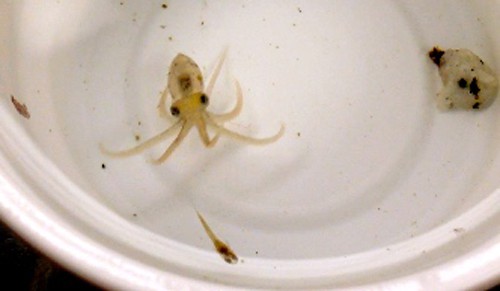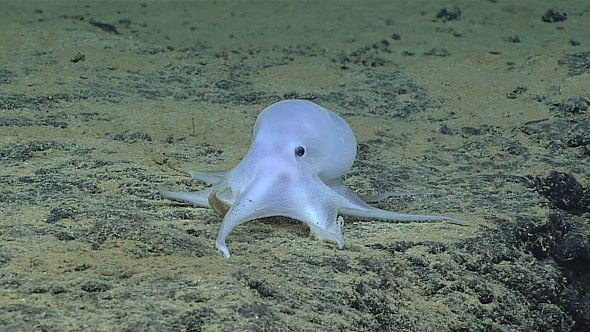Neil deGrasse Tyson stuck his foot in it yesterday.
If there were ever a species for whom sex hurt, it surely went extinct long ago.
— Neil deGrasse Tyson (@neiltyson) March 11, 2016
Ouch. Astronomers talking about biology is probably about as painful as biologists talking astronomy. But at least it inspired the #BiologistSpaceFacts hashtag, which is amusing, and Emily Willingham put together a good summary of cases where sex hurts.
But what I find interesting is the assumption, and it is a common one, that if some phenomenon exists, it must be part of a purposeful good, and that evolution in particular produces only beneficial outcomes. We’d be extinct if it didn’t, is the way the thinking goes.
There are problems with thinking that way, though.
One: natural selection isn’t the whole of evolution. Some features simply have not become fixed in a population because they’re good for it; detrimental novelties exist and can become ubiquitous because they aren’t severe enough to be seen by selection.
Two: In cases where selection applies, advantageous does not necessarily equate to “good”, whatever that means. It is possibly advantageous to male cats to have barbed penises that rake out sperm from other males; it does not make mating more fun. Many species of salmon exert themselves so strenuously to produce and fertilize eggs that they die, and presumably fish that conserved their resources to permit multiple breeding seasons were outbred by their frantically semelparous competitors. Would we say that an explosively fecund death is “good”?
Three: Selection doesn’t demand that an organism achieve an absolute “good”. It only needs to be slightly better than other individuals. So if pain is a negative criterion for sexual success, all you have to do is hurt less than the competition to win.
Four: A twist on my second point is that we often define “good” from a subjectively human view point, and even from a narrow cultural position. We assume that sex should be fun because it is for us, mostly, but from the broader perspective of biological success, “fun” is a concept that’s orthogonal to actually getting the job done.
Tyson’s perspective as an astronomer gave him no information at all on what evolution is all about, so he lapsed into his perspective as a human being, and gave a parochial guess. It takes a major effort to think outside the box of Homo sapiens for us, and the default is always going to be far narrower than reality.







